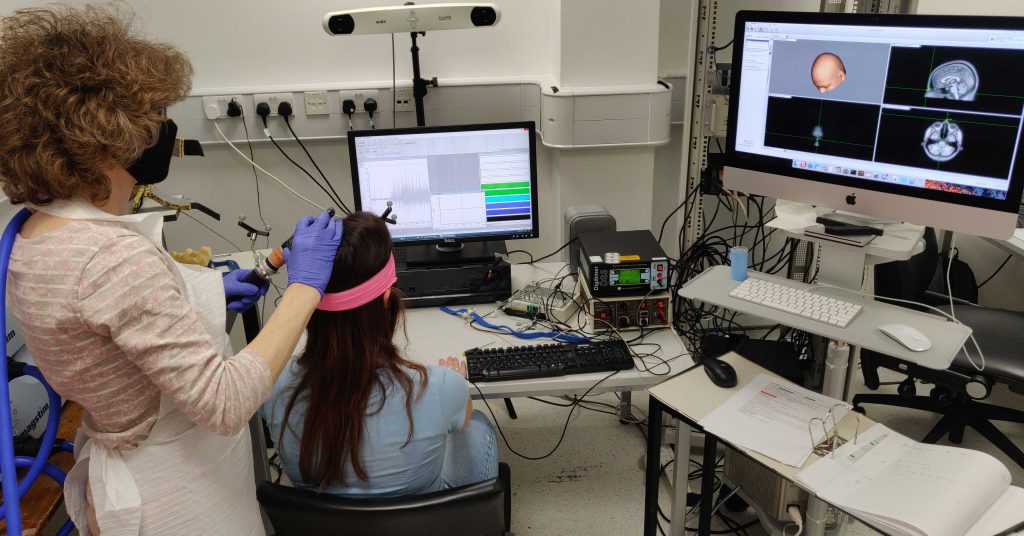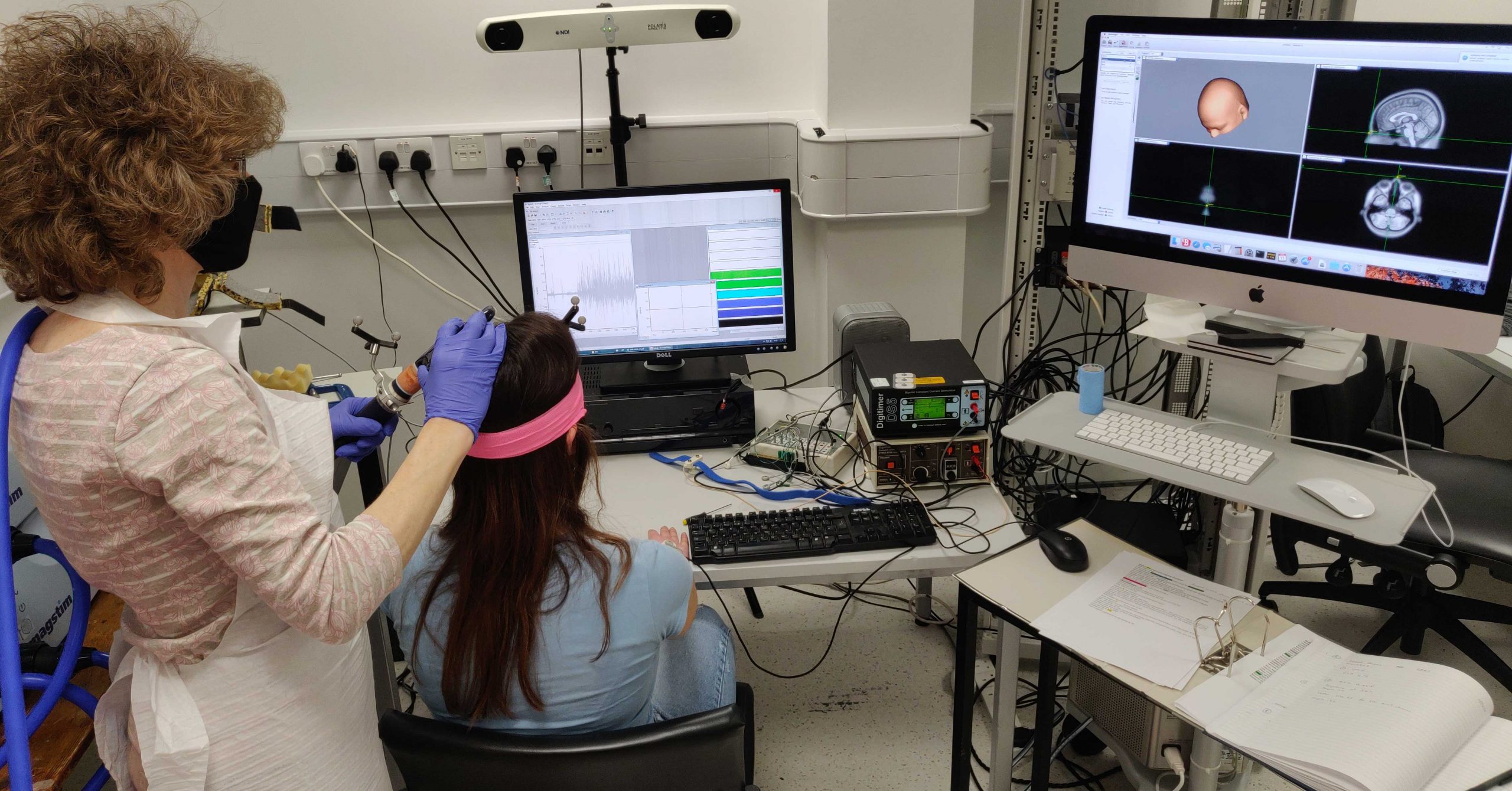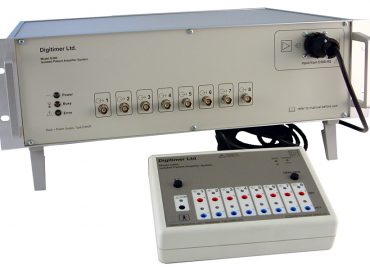Post-COVID Fatigue Investigated by Newcastle University Study
Neurophysiological testing uses Digitimer equipment

University of Newcastle researchers are embarking on a new research study that will examine the long term effects of Covid-19 infection on the brain. Their research, which will use Digitimer DS5/DS7A stimulators and our D360 amplifier, aims to identify whether specific neurophysiological changes might explain why some sufferers of Covid-19 are left with chronic fatigue for weeks or even months after their immediate recovery.
The research is being led by Dr Demetris Soteropoulos, from Newcastle University’s Faculty of Medical Sciences, who says:-
“There is increasing evidence that even after mild disease, many people with Covid-19 continue to suffer from symptoms such as fatigue and muscle weakness.”
“In our study, by using non-invasive techniques in our lab, we will test whether those suffering from post-Covid fatigue show any changes in parts of the nervous system that deal with movement.”
What is Long Covid and Covid Fatigue?
Despite the high severity of the disease caused by the SARS-CoV-2 virus in a minority of those infected, the majority of people only suffer from mild initial symptoms, which do not lead to hospitalisation. However, there is growing evidence that a significant proportion (>20%) of those having a mild illness, go on to suffer from an array of symptoms including fatigue and muscle weakness.
Collectively, these symptoms have been referred to as “Long Covid” and while clinical attention has understandably focused on the acute symptoms of Covid, scientists are now also investigating the basis for Long Covid symptoms. This study at Newcastle University investigates possible neural mechanisms behind Covid Fatigue, in an attempt to understand the basis of this debilitating aspect of Long Covid.
What sort of examinations will the researchers undertake?
Experiments will include several non-invasive and routine tests such as examination of auditory evoked responses and reflex responses following electrical stimulation of muscles or nerves. The strength of connections between the brain and spinal cord will also be tested using transcranial magnetic stimulation (TMS). Electrical stimulation will be provided by Digitimer DS5 and DS7A stimulators, with our D360 8-Channel Patient Amplifier & Filter System being used to record the various types of evoked potentials.
The study also plans to follow up these measurements with repeat testing of individuals at 4-month intervals, in parallel with a questionnaire relating to symptoms of fatigue. Repeat testing will allow the researchers to examine longitudinal changes within the group and individual participants.
The study is currently recruiting covid fatigue and control (no fatigue) participants
The study is looking for people to take part who are adults and have had Covid-19 recently, but those who were not ill enough that they ended up going to a hospital for treatment. Volunteers should come forward as soon as they have recovered from their primary infection so the team can learn as much as they can about what is happening in the brain at the earliest stage of recovery.
Those who volunteer to take part in the Newcastle University study will:-
- Need to come to a Newcastle University lab (around four hours) to do a series of tests – these are non-invasive and will allow experts to assess how different sensory and motor systems are operating.
- Participants with Covid Fatigue may be asked to return to the lab two to three times (4 months apart).
- Would be willing to fill in an online fatigue questionnaire.
- To sign up for the study, and for more information, please visit www.covidfatigue.co.uk or email [email protected].



